The views expressed in our content reflect individual perspectives and do not represent the authoritative views of the Baha'i Faith.
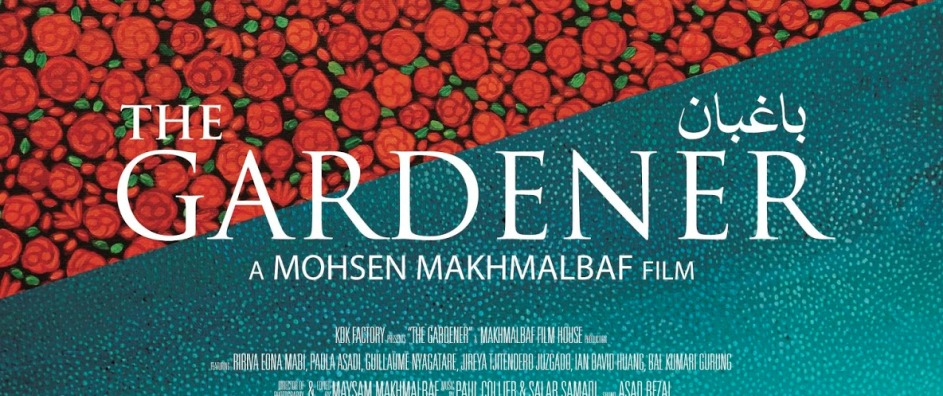 Recently I had a chance to see “The Gardener”, the new film by renowned Iranian director Mohsen Makhmalbaf.
Recently I had a chance to see “The Gardener”, the new film by renowned Iranian director Mohsen Makhmalbaf.
Praised by film critics worldwide, I was curious to see Makhmalbaf’s latest offering. Of course I had followed the news about it, and knew about the subject — Human Rights in Iran and specifically, the followers of the Baha’i Faith there.
At the outset Makhmalbaf and his son Meysam give a very brief introduction of the Baha’i Faith and then pose the film’s main question while walking through the Baha’i Gardens in Haifa, Israel. While the son blames the world’s violence, bloodshed and atrocities on religion, the father asks “if religion has the potential to create war and hatred, could it also have the potential to create peace?”
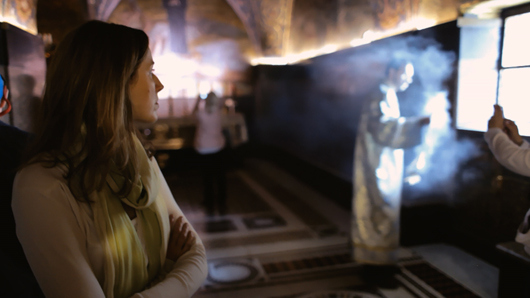 With mono-pod cameras at hand, both father and son start shooting their own takes. The father finds the beauty and harmony of the gardens in Haifa and Akka (Acre) suitable to make his point and makes them a theme and colorful background for his argument. He notices a young Baha’i volunteer from Papua New Guinea tending the flowers and the trees in the gardens, and he decides to follow him around. The gardener pays attention to details in caring for the plants, while evincing a notable peace and tranquility.
With mono-pod cameras at hand, both father and son start shooting their own takes. The father finds the beauty and harmony of the gardens in Haifa and Akka (Acre) suitable to make his point and makes them a theme and colorful background for his argument. He notices a young Baha’i volunteer from Papua New Guinea tending the flowers and the trees in the gardens, and he decides to follow him around. The gardener pays attention to details in caring for the plants, while evincing a notable peace and tranquility.
His son suggests that if they had chosen Brad Pitt to play the main role instead of an amateur gardener, they would have made a more professional and profitable movie. Makhmalbaf replies that he is more interested in showing this gardener’s story. He encourages his confused son to look deeper into the gardener’s behavior, and observe his state of meditation while he works. Based on the Baha’i teachings, the gardener considers work as worship. The gardener credits the beauty and serenity of the garden to the presence and existence of different colorful flowers, which symbolize the diversity of the human race — and if plants can be so peaceful together, so can mankind.
Makhmalbaf likens the gardener’s dream – while lying on grass during his break time with closed eyes and moving lips, deep in his meditative, mystical thoughts – to a bird soaring freely over the gardens with open wings. He portrays this scene in black and white with no sound. Visually and symbolically, the filmmaker shows us a spiritual world. He keeps following the gardener, and the scene repeats. Soon Makhmalbaf feels like lying on the grass and perhaps experiencing it himself.
The director’s son Meysam decides to go to Jerusalem and film at the holy places of the three religions represented there. He visits the Church of Nativity of the Christians, the Wailing Wall of the Jews and the Al-Aqsa Mosque of the Muslims. It baffles him how close these places are to one another; there is not even an alley between the Wailing Wall and the Mosque. He even questions: “By the way, what will happen to the Al-Aqsa Mosque should Iran decide to bomb the Wailing Wall?!” He realizes that the followers of these religions are so far apart they cannot live with each other in peace and harmony. On his return to the Gardens, looking for his dad, Meysam finds him peacefully asleep on the lawn.
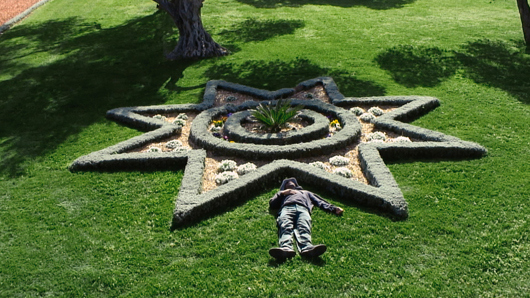 They share what they have learned about the Baha’i teachings while interviewing some young Baha’i volunteers. They meet a young African man who has lost six out of his nine siblings in an ethnic cleansing genocide, but, becoming a Baha’i, he has decided to replace his anger and rage with forgiveness and absolution. Another volunteer quotes the Baha’i writings: “if religion is the cause of enmity, it is better not to have one at all.” Meysam, impatiently, reminds his dad that he thought they came to make a movie about violation of human rights in Iran, not for promoting the Baha’i Faith!
They share what they have learned about the Baha’i teachings while interviewing some young Baha’i volunteers. They meet a young African man who has lost six out of his nine siblings in an ethnic cleansing genocide, but, becoming a Baha’i, he has decided to replace his anger and rage with forgiveness and absolution. Another volunteer quotes the Baha’i writings: “if religion is the cause of enmity, it is better not to have one at all.” Meysam, impatiently, reminds his dad that he thought they came to make a movie about violation of human rights in Iran, not for promoting the Baha’i Faith!
Mahkmalbaf does not deny hearing many negative comments about Baha’is while growing up in Iran, but now feels he can investigate the truth with his own mind, by associating with the Baha’is and reading from sources other than the ones offered by clerical fanatics. He believes democracy will only be achieved by respecting the opinions of others.
Following the gardener for months and reading the Baha’i teachings regarding the station of man and peace makes the director hopeful for a brighter future. He decides to symbolically plant and water his mono-pod in this garden, with the hope that his camera, just like the flowers of that garden, will begin to reflect the same spirit of peace and tranquility for the human race in Iran and worldwide. He emphasizes this by admitting his belief in all religions, naming each of them, one by one, as he exits the Baha’i Gardens.


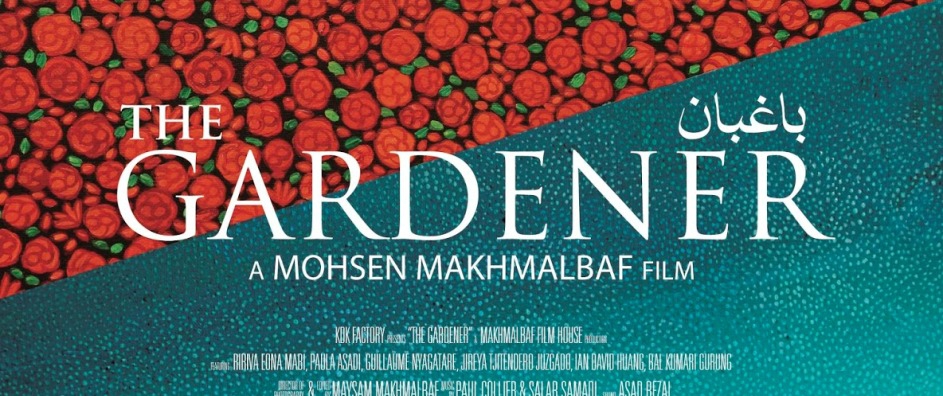


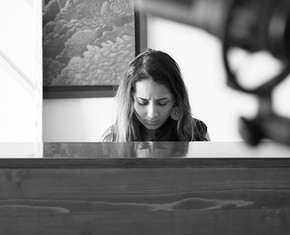
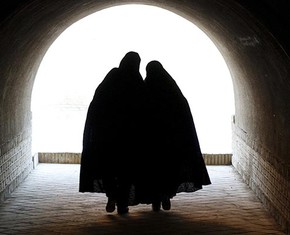







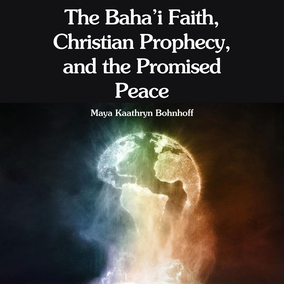

Comments
Sign in or create an account
Continue with Googleor